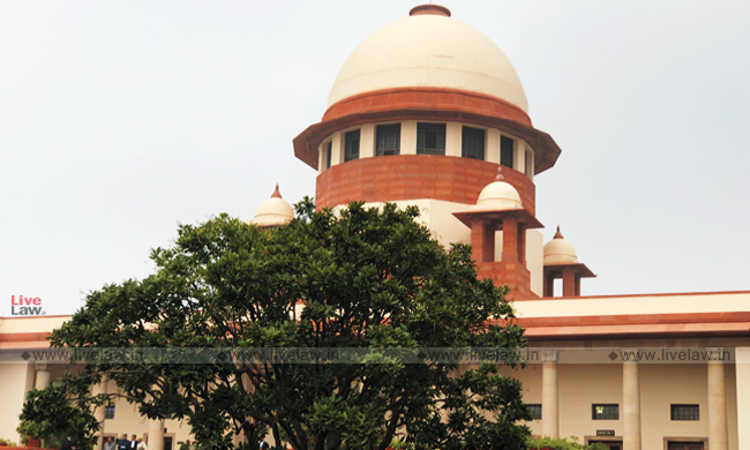Hacking, Data Theft Attract Offences Under IPC Also, Not Just Information Technology Act : Supreme Court
Mehal Jain
23 May 2021 11:00 AM IST

Next Story
23 May 2021 11:00 AM IST
The Supreme Court on Tuesday remarked that in a case of hacking and data theft, in addition to penal provisions of the IT Act, offences under the IPC would also be attracted and that the IT Act would not exclude the applicability of the IPC.The vacation bench of Justices Dinesh Maheshwari and Aniruddha Bose was considering an SLP against the March order of the High Court of Punjab and...
